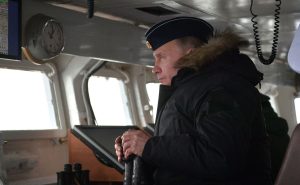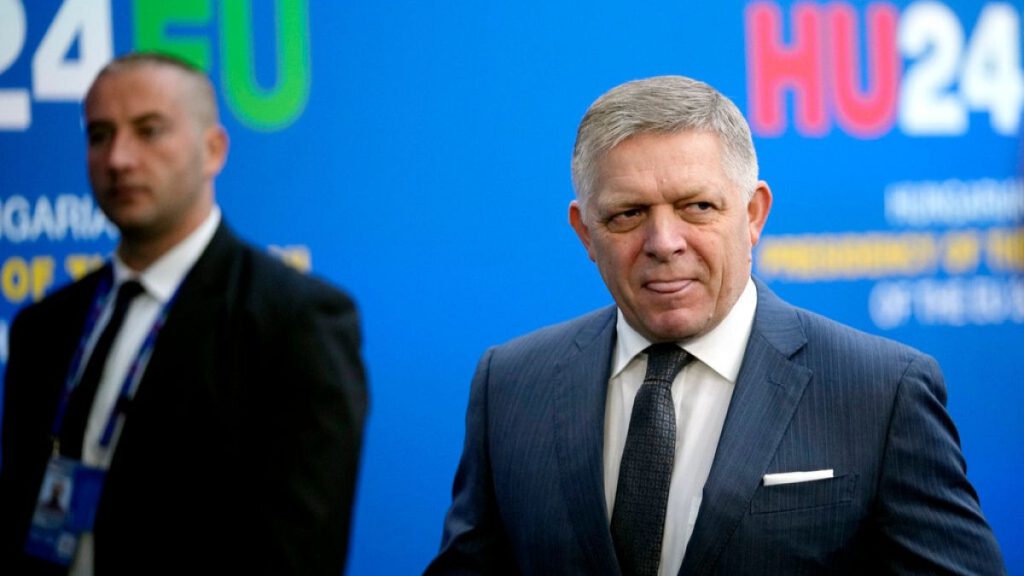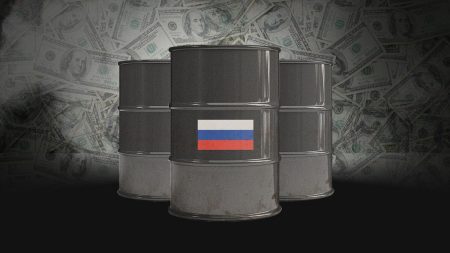The cessation of Russian gas transit through Ukraine has ignited a diplomatic row between Slovakia and Ukraine, with Slovak Prime Minister Robert Fico threatening retaliatory measures against Kyiv. Fico’s proposed actions include potentially cutting financial aid to the over 130,000 Ukrainian refugees residing in Slovakia, a move that would severely impact their vulnerable situation. He has also raised the possibility of halting electricity supplies to Ukraine, a nation heavily reliant on external power sources, especially given the ongoing war and the damage to its own infrastructure. Fico’s justification for these measures is the financial loss Slovakia claims to have incurred due to the termination of Russian gas transit fees, estimated at €500 million. He further argues that the halt in gas flow will inflate European gas and electricity prices, ultimately harming the European Union more than Russia.
The crux of the dispute lies in Ukraine’s refusal to renew a five-year gas transit agreement with Russian energy giant Gazprom. This agreement, predating Russia’s full-scale invasion of Ukraine, allowed Russian gas to flow through Ukrainian pipelines to European countries, including Slovakia. Ukrainian President Volodymyr Zelenskyy has steadfastly refused to renew the deal, stating his unwillingness to allow countries to profit from the ongoing conflict and essentially “earn additional billions on our blood.” While Slovakia attempted to persuade Zelenskyy to reconsider, arguing the importance of continued access to affordable Russian gas for Europe, the Ukrainian leader remained resolute.
Fico’s stance on the matter contrasts sharply with that of Zelenskyy and many other European leaders. While acknowledging Slovakia’s ability to access alternative gas sources through agreements with Azerbaijan, the US, and neighboring countries like Austria, Hungary, and the Czech Republic, Fico contends that Ukraine’s decision will inflict substantial financial damage on the European Union, estimating a total loss of €120 billion over the next two years. This figure, however, is disputed by the European Commission, which maintains that the impact on the EU’s energy security will be limited due to existing alternative gas supply routes. Other countries, such as Poland, have even hailed the end of the gas transit agreement as a “victory” against Russia, further illustrating the division within Europe on this issue.
Adding to the complexity of the situation is Fico’s long-standing amicable relationship with Moscow, a relationship viewed with suspicion by Ukraine. Fico’s recent visit to Russian President Vladimir Putin to discuss gas supplies further cemented these concerns, especially given his subsequent threat to cut electricity supplies to Kyiv. Zelenskyy has openly accused Fico of aiding Putin in financing the war and undermining Ukraine’s position, characterizing Slovakia’s efforts to maintain Russian gas transit as opening a “second energy front” against Ukraine at Russia’s behest. This accusation underscores the deep mistrust between the two leaders and the broader geopolitical tensions at play.
The contrasting perspectives on the economic consequences of the halted gas transit highlight the difficulty in assessing the true impact. While Fico emphasizes the financial losses for Slovakia and the EU, the European Commission and other member states express greater confidence in the bloc’s ability to absorb the change and rely on alternative gas sources. Moldova, however, being outside the EU, faces a more precarious situation and has declared a state of emergency anticipating severe gas shortages resulting from the termination of the transit agreement. This underscores the varying degrees of vulnerability among European nations to disruptions in Russian gas supplies.
The unfolding situation exposes a significant rift within Europe regarding the approach to energy security and relations with Russia. While some, like Fico, prioritize maintaining access to affordable Russian gas and emphasize the potential economic fallout of its disruption, others, including Zelenskyy and the Polish government, view the cessation of the gas transit agreement as a strategic move against Russia, even at the cost of potential economic challenges. The humanitarian dimension of the crisis, with over 130,000 Ukrainian refugees potentially facing the loss of crucial financial support in Slovakia, adds a further layer of complexity to the already tense geopolitical landscape. The future of energy relations in Europe, particularly the balance between economic considerations and strategic geopolitical goals, remains uncertain as the fallout from this dispute continues to unfold.










